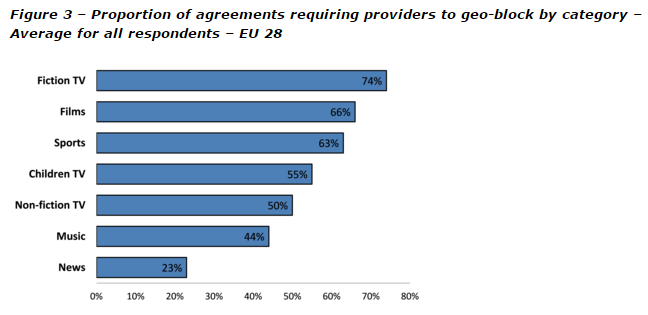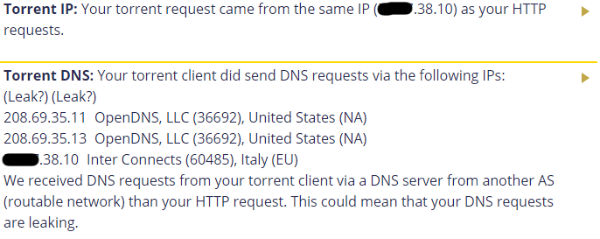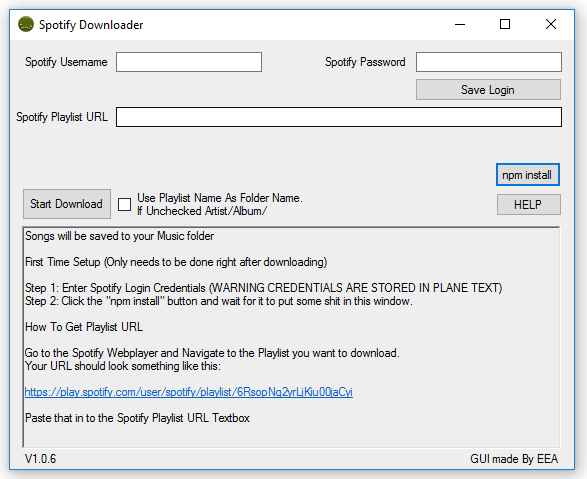Judges: Geolocation Not Good Enough to Pinpoint Pirates
lundi 21 mars 2016 à 19:00 While relatively underreported, many U.S. district courts are still swamped with lawsuits against alleged film pirates.
While relatively underreported, many U.S. district courts are still swamped with lawsuits against alleged film pirates.
Malibu Media, the Los Angeles based company behind the ‘X-Art’ adult movies, is behind most of these cases. The company has filed thousands of lawsuits in recent years, targeting Internet subscribers whose accounts were allegedly used to share Malibu’s films via BitTorrent.
Like all copyright holders Malibu collects file-sharers’ IP-addresses as evidence. They then ask the courts to grant a subpoena, forcing Internet providers to hand over the personal details of the associated account holders.
In most cases the courts sign off on these requests, but two recent orders from the Southern District of California show that matters aren’t always as straightforward.
In a recent case, U.S. Magistrate Judge Mitchell Dembin was not convinced that geolocation tools are good enough to prove that the alleged pirate resides in the Court’s district. As a result, he denied Malibu’s request for a subpoena.
“The allegation that the IP address at issue likely resolves to a physical address in this District is not supported in any of the declarations filed in connection with the instant motion,” Judge Dembin writes.
“In its Memorandum of Point and Authorities filed in support of this Motion, Plaintiff again asserts that it employed geolocation technology to trace the physical address of the offending IP address within this jurisdiction, and adds the name of the software employed, but again provides no evidentiary support for its assertions,” he adds (pdf).
Malibu had provided the court with a lengthy memorandum (pdf) explaining how it traced the IP-address to California. Among other things, the company pointed out that it uses a geolocation database from Maxmind, which it believes to be accurate 99% of the time.
Judge Dembin, however, concluded that Malibu fails to provide sufficient evidence, and he is not alone. Late last week Magistrate Judge Ruben Brooks issued a similar order against the adult media company.
“Plaintiff fails to offer any evidence to support its allegation that the infringing IP address was actually traced to a location within this judicial district,” Brooks writes (pdf).
“Nothing in the declarations Plaintiff submitted with its Ex Parte Motion explains what steps Plaintiff took to trace the IP address to a physical point of origin within this Court’s jurisdiction.”
In addition, Judge Brooks also raised questions about the accuracy of a geolocation tool to identify the ISP, concluding that the request for a subpoena should be denied based on a lack of evidence.
Geolocation tools are widely used in copyright lawsuits, so the reservations held by the judges could impact future litigation. Interestingly, when we compared the results of various geolocation tools for one of the IP-addresses involved, the results were different across several databases.
While the orders are good news for the defendants in these particular cases, copyright troll watcher SJD points out that several other local judges have granted similar requests.
That said, the recent decisions do offer hope to those who are targeted by Malibu cases in Southern California, as they now have some additional ammunition to fight back.
Source: TF, for the latest info on copyright, file-sharing, torrent sites and ANONYMOUS VPN services.
 The European Union wants companies selling digital content to citizens in EU Member States to do so across the entire region. Instead, companies continue to ring-fence their content, making material available in one region and not another.
The European Union wants companies selling digital content to citizens in EU Member States to do so across the entire region. Instead, companies continue to ring-fence their content, making material available in one region and not another.
 This week we have three newcomers in our chart.
This week we have three newcomers in our chart.  Every day dozens of millions of people share files using BitTorrent, willingly exposing their IP-addresses to the rest of the world.
Every day dozens of millions of people share files using BitTorrent, willingly exposing their IP-addresses to the rest of the world.

